Yesterday, a new court session was held in the trial between Samsung and Apple Lossless Audio CODEC (ALAC),, and the Asian company he called, among others, an expert who stated that the designs of iDevices are obvious and should not be protected by patents. The expert claimed that Apple's designs were presented to the whole world before the Americans patented them and as proof he brought up 4 patents: 2 Japanese, one Korean and one for the LG Prada phone. All the designs described there were presented before the iPhone and present the same idea of a terminal with a rectangular shape, rounded corners and a centered screen, and Samsung claims that Apple cannot protect its own intellectual property now.
To attack the iPad tablet, not just the iPhone, Samsung brought the Compaq TC1000 device and a tablet designed in 1994 by Roger Fidler into discussion. Samsung claims that a combination of the two devices results in Apple's iPad tablet and supports its claims with a patent describing a similar technology. Their conclusion is that the design of the iPad should not be protected since those products existed before the iPad, but so far this defense has not helped Samsung in countries where their products have been banned.
In the end, those from Samsung tried to say that the design of iDevices has a utilitarian purpose and that its implementation in other terminals is a functional necessity. Apple's lawyers countered these claims by presenting other smartphones with different designs that work without problems and represent correct choices made by the manufacturers.
Because the process is a complicated and very important one, the lawyers of the two parties are trying to enforce the law, and the judge Lucy Koh, who is presiding over the case, he lost several times patience during court hearings. She sanctioned Samsung several times for not presenting the evidence, she had an acidic attitude regarding the exits of the lawyers of both parties, and this week she "lashed out" at the Apple lawyers. They tried to block the testimony of an expert called by Samsung, and the judge stated that she was fed up with the theater in the courtroom. The trial is one that will test the patience of all parties involved, and for now the judge seems the most "affected".
"I want papers," Koh told the court on Tuesday after Apple objected to one of Samsung's witnesses. "I don't trust what any lawyer tells me in this courtroom. I want to see actual papers."
Koh was obviously frustrated when Apple and Intel tried to block Tim Williams, Ph.D., one of Samsung's expert witnesses from testifying. Apple said Williams had not properly disclosed that he had signed multiple nondisclosure agreements, one of which Intel says prohibits him from discussing the particulars of Intel's source code.


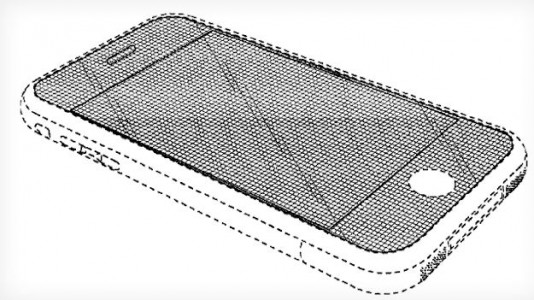
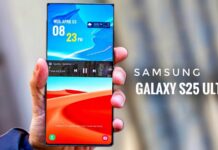
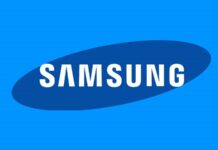
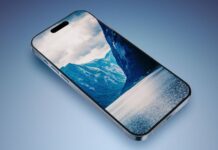
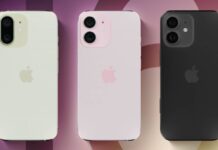
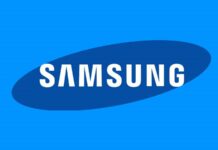
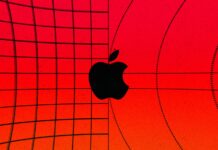
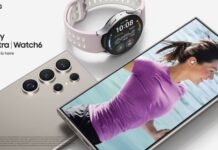
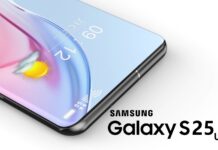
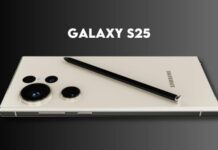






I would also like to know which phone is not similar to the iPhone and was successful, I am not talking about the tablet because even those that copy the iPad were not successful
Yes, brother, I think that those from Apple invented the square and the rectangle, on my chest!
this is the only way to put these Asians who have been stealing everything they see for decades instead of investing time and money in the concept